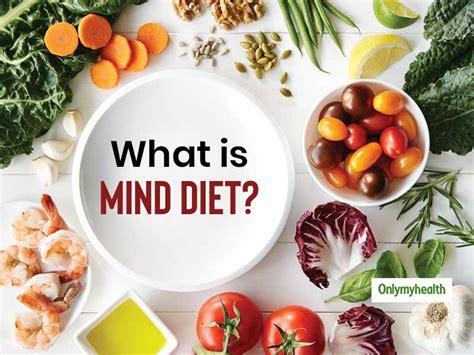
STUDY
They measured the pace of aging from blood DNA methylation data collected in 2005–2008 using the DunedinPACE epigenetic clock. Incident dementia and mortality were defined using study records compiled from 2005 to 2008 visit through 2018.
RESULTS
Of 1,644 included participants (mean age 70, 54% female), 140 developed dementia and n = 471 died over 14 years of follow-up.
Greater MIND score (more adherence to this healthy diet pattern) was associated with slower DunedinPACE of aging measurements and reduced risks for dementia and mortality.
Slower DunedinPACE of aging measurements were associated with reduced risks for dementia and mortality.
In mediation analysis, slower DunedinPACE accounted for 27% of the diet-dementia association and 57% of the diet-mortality association.
DISCUSSION
The authors indicated that the MIND diet was optimal by “combining key principles from two healthy diets — i.e., the Mediterranean diet and DASH (Dietary Approaches to Stop Hypertension) diet, the MIND diet emphasizes high intake of neuroprotective foods such as fish, green leafy vegetables, berries, and nuts, while minimizing intake of red meat, butter, [and] sweets.”
The findings suggest that a slower pace of aging is part of the relationship of healthy diet with reduced dementia risk.
Monitoring pace of aging may inform dementia prevention and is available as a kit that can be ordered
A large fraction of the diet-dementia association remains unexplained and may reflect direct connections between diet and brain aging.
There were more comments on the MIND diet for brain health.
The MIND diet helps in reducing inflammation, improving metabolic health, and supporting heart and brain health. Diets high in omega-3 fatty acids and antioxidants are crucial for reducing neuroinflammation and oxidative stress, both of which are implicated in cognitive decline and neurodegenerative diseases.”
Diets high in saturated fats and sugars, on the other hand can exacerbate neuroinflammation and contribute to insulin resistance in the brain, which is linked to cognitive decline.
The MIND diet provides key nutrients for brain health: long-chain omega-3 fatty acids with anti-inflammatory and vasoprotective properties, polyphenols which are antioxidants, as well as phenolic compounds, vitamins E and B, sphingolipids or choline with properties against amyloidogenesis, oxidative stress, or inflammation.
The MIND diet is rich in fiber promotes healthy gut microbiota, which can benefit the gut-brain axis.

